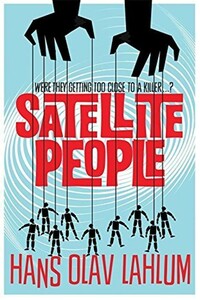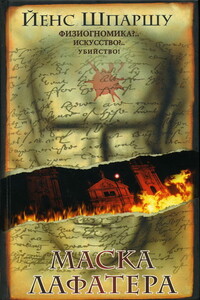The Catalyst Killing | страница 34
As far as surveillance was concerned, Miriam Filtvedt Bentsen thought it was overwhelmingly likely that ‘the group in general and Falko in particular’ were being watched, even though she had no direct evidence of this. In response to my question as to whether she thought there had been a mole in the group, she replied that she found that hard to believe and therefore did not want to speculate who it might have been if that were the case.
The temptation to ask if she was aware that the others suspected her of being the police security service’s informant was too great.
I was interested to see whether this might lead to a sudden outburst of emotion. But it would obviously take a lot more than accusations of treachery to knock Miriam Filtvedt Bentsen off balance. She leaned forward a touch and answered that she had not heard anything like that before, but that she should perhaps not be surprised. Then she asked, with noticeable curiosity, who had said that – only to answer her own question by saying that it was no doubt Anders or Trond, and that it really didn’t matter anyway. The accusation was, in her own words, absurd. For the sake of formality, she added that she had of course never had any form of contact with the intelligence services, and would not have answered any questions about the group, or anything else for that matter, had they contacted her.
My instinct was to believe her, and in any case, I saw no reason to pursue the idea any further here and now. So I turned instead to the stormy night in Valdres when Falko Reinhardt had disappeared, and asked whether any explanation had ever occurred to her.
Miriam Filtvedt Bentsen answered that she had of course given it much thought, but much to her frustration had not come up with any answers. She had herself also been awake for a long time that night, and had heard nothing. She had gone to sleep around midnight, so trusted her ‘roommate’ Kristine Larsen’s statement that Falko had not been out in the hall at any point.
I asked if she still stood by her statement about having seen a face at the window, as well as a person out in the storm that night. Miriam Filtvedt Bentsen nodded, more serious now. She understood, she said, that her account of a face looking in through the window that night sounded absurd, and the fact that the upper part of the face had been hidden by a mask made it even more far-fetched. But that was exactly what she had seen, and she would never have tried to deceive the police with such an unlikely story.




